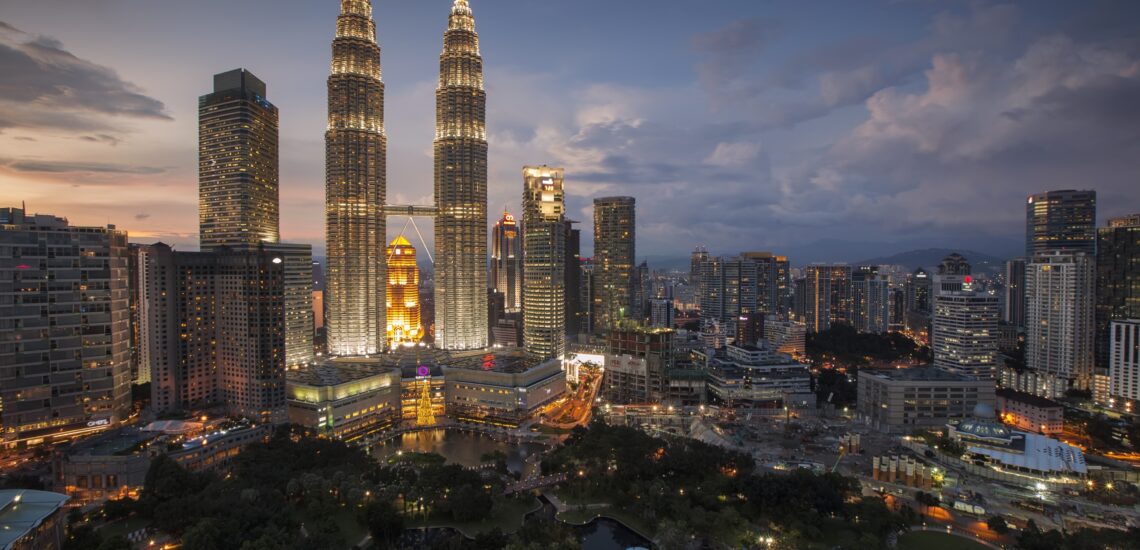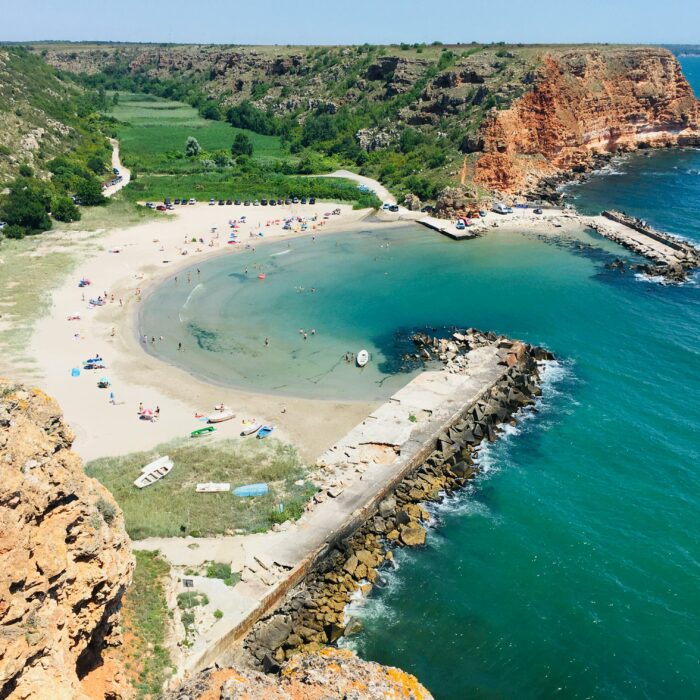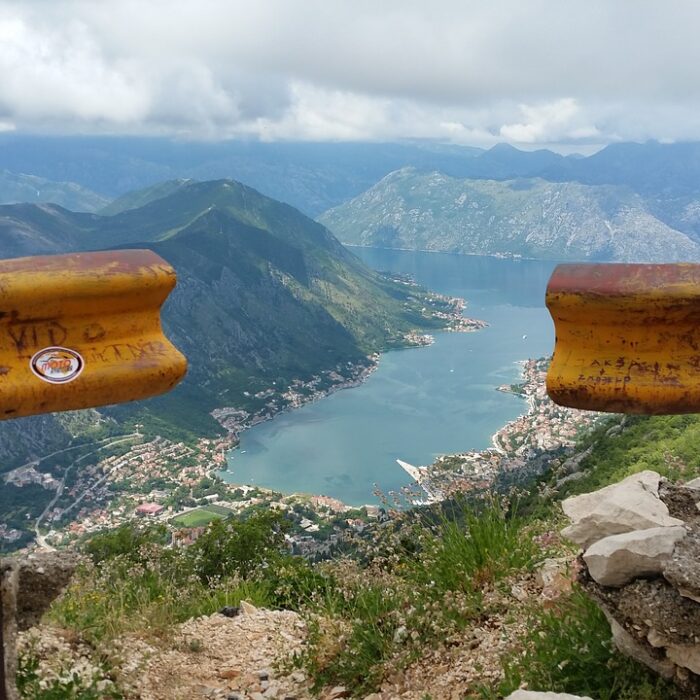Quick facts about Malaysia:
- Population: Approximately 32 million people.
- Capital: Kuala Lumpur.
- Official Language: Malay.
- Currency: Malaysian Ringgit.
- Government: Federal constitutional monarchy.
- Major Religion: Islam.
- Geography: Located in Southeast Asia, bordered by Thailand, Indonesia, and Brunei.
Fact 1: Malaysia has the oldest rainforest in the world
Malaysia is home to one of the oldest rainforests in the world. The rainforests of Malaysia, particularly those found in states like Sarawak and Sabah on the island of Borneo and in peninsular Malaysia, are ancient ecosystems with biodiversity dating back millions of years.
The rainforests of Malaysia are part of the larger Southeast Asian rainforest, which is one of the oldest continuous rainforests on Earth. These rainforests have endured through geological changes and climatic shifts over millennia, harboring a diverse array of plant and animal species found nowhere else on the planet.
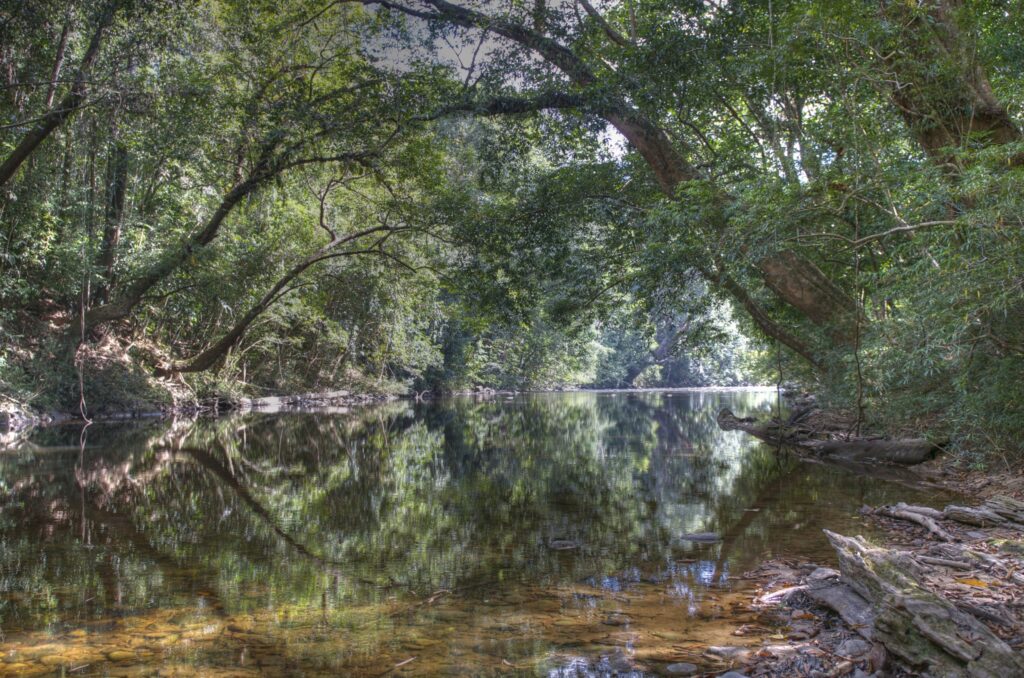
Fact 2: Malaysia has a large number of toll roads
Malaysia boasts a substantial network of toll roads, with approximately 30 major highways and expressways operating across the country. These toll roads cover significant distances, totaling over 1,800 kilometers (approximately 1,118 miles) in length. They play a crucial role in facilitating efficient transportation and connectivity between key cities and regions, supporting economic development and enhancing travel convenience for millions of commuters and travelers annually.
Note: Planning to visit the country? Check whether you need an International Driving License in Malaysia to drive.
Fact 3: There are only a few hundred Malayan tigers left
As of recent estimates, the population of Malayan tigers, also known as the Panthera tigris jacksoni subspecies, faces significant threats and conservation challenges. It is estimated that there are only a few hundred Malayan tigers left in the wild. This decline is primarily attributed to habitat loss, poaching, and human-wildlife conflict.
Conservation efforts are underway to protect and preserve the remaining Malayan tiger population. These efforts include habitat conservation, anti-poaching measures, community engagement, and wildlife monitoring initiatives. Despite these efforts, the Malayan tiger remains critically endangered, highlighting the urgent need for continued conservation action to prevent its extinction.
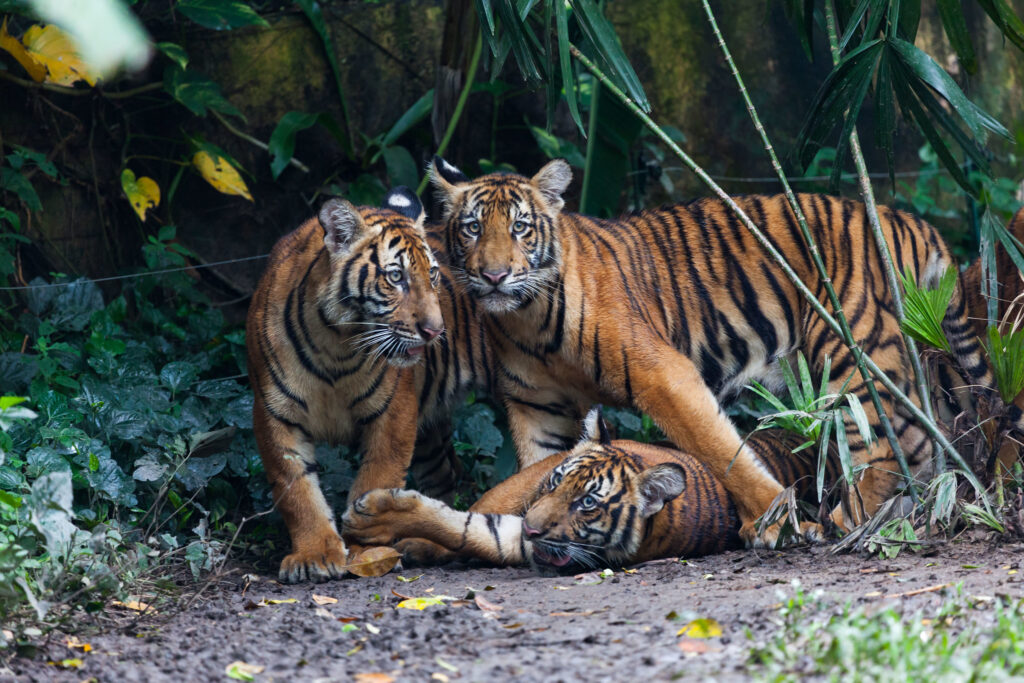
Fact 4: The Strait of Malacca is the site of many treasure shipwrecks
Due to its strategic location and historical significance as a major maritime trade route, the Strait of Malacca has seen numerous shipwrecks over centuries of maritime activity. These shipwrecks have occurred for various reasons, including natural disasters, conflicts, and accidents.
Many of these shipwrecks are believed to contain valuable cargo, including ceramics, precious metals, and other artifacts, making them attractive sites for treasure hunters, archaeologists, and historians. Some notable shipwrecks in the Strait of Malacca have been discovered and excavated, shedding light on the region’s rich maritime history and trade routes.
Fact 5: The world’s largest flower grows in Malaysia
Malaysia is home to the Rafflesia arnoldii, which is considered the world’s largest flower. This remarkable species is known for its gigantic blooms, which can reach up to 100 centimeters (39 inches) in diameter and weigh up to 11 kilograms (24 pounds). The Rafflesia arnoldii is native to the rainforests of Southeast Asia, including Malaysia, where it grows in specific regions with the right climate and habitat conditions. This unique flower is known for its foul odor, often compared to that of rotting meat, which attracts flies for pollination. Seeing the Rafflesia in bloom is a rare and extraordinary experience for visitors to Malaysia’s rainforests.
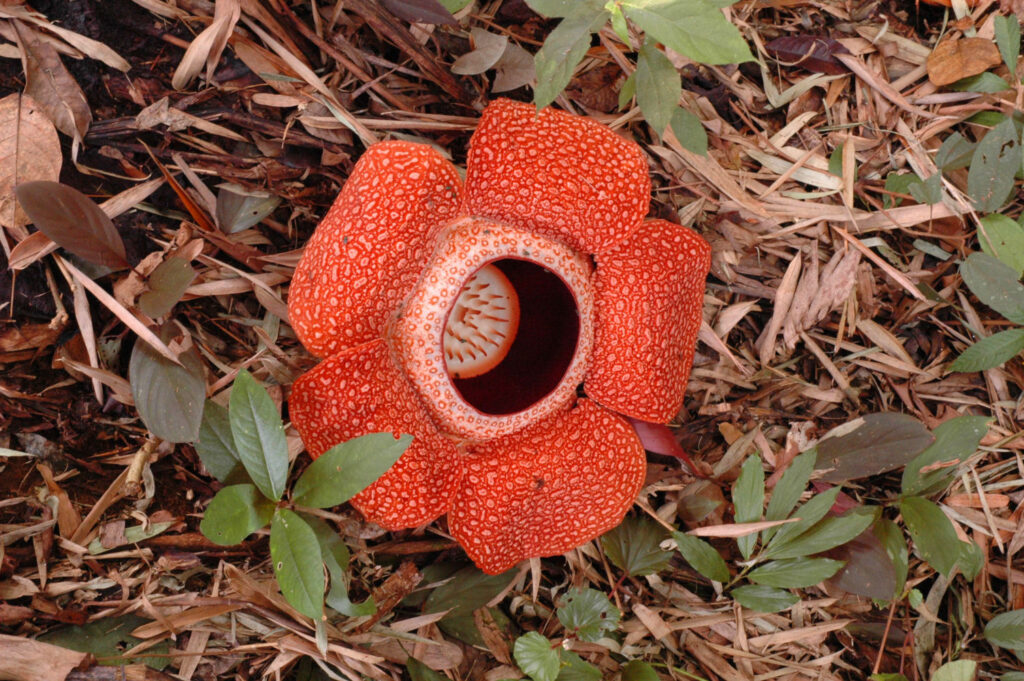
Fact 6: The Petronas Twin Towers were the tallest building in the world until 2004
The Petronas Twin Towers, located in Kuala Lumpur, Malaysia, held the title of the world’s tallest buildings from their completion in 1998 until 2004. Standing at a height of 452 meters (1,483 feet), the twin towers surpassed the previous record held by the Sears Tower (now Willis Tower) in Chicago, USA. They remained the tallest buildings in the world until the completion of the Taipei 101 tower in Taiwan in 2004. Despite no longer holding the title of the world’s tallest buildings, the Petronas Twin Towers remain iconic symbols of Malaysia’s modern architecture and engineering prowess.
Fact 7: The largest cave chamber in the world is in Malaysia
The Sarawak Chamber, located in Gunung Mulu National Park on the island of Borneo in Malaysia, is recognized as the largest cave chamber in the world by surface area. This vast chamber was formed within the Sarawak Chamber Cave system, which is part of the extensive limestone karst landscape of Gunung Mulu National Park.
The Sarawak Chamber measures approximately 700 meters (2,300 feet) long, 396 meters (1,299 feet) wide, and at least 70 meters (230 feet) high, making it larger in surface area than any other known cave chamber. It is a breathtaking natural wonder, attracting cavers and adventurers from around the world to explore its immense size and unique geological features. The chamber’s size is so vast that it could accommodate several Boeing 747 airplanes parked side by side.
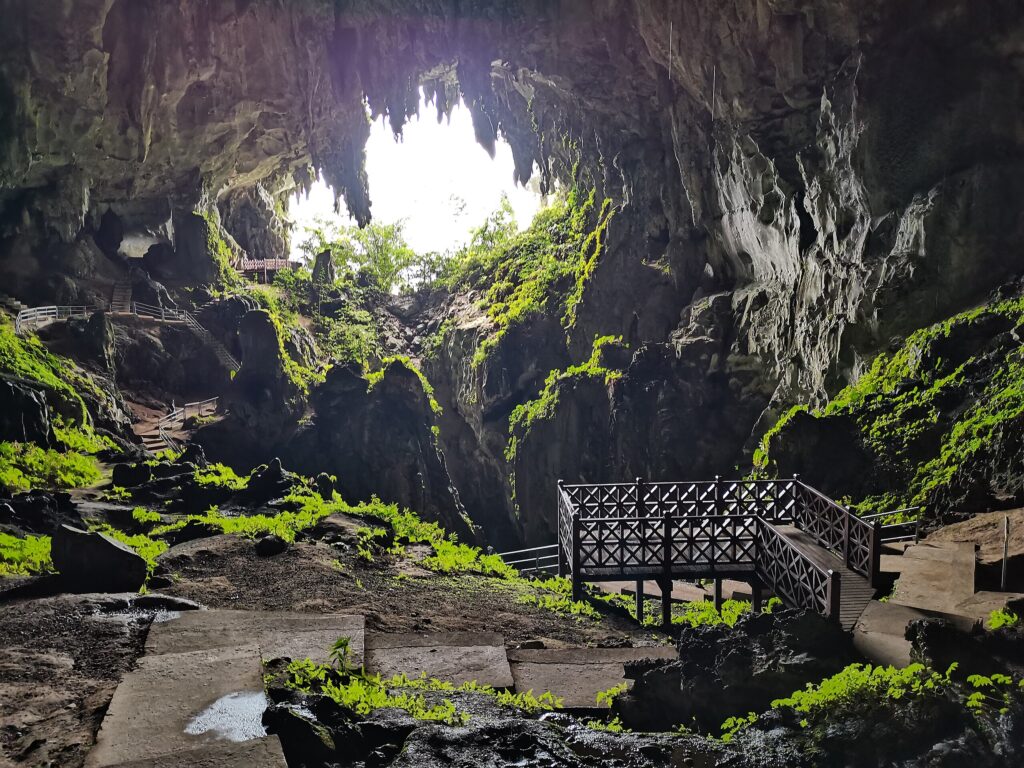
Fact 8: The largest traffic circle in the world is in Malaysia
Known as Persiaran Sultan Salahuddin Abdul Aziz Shah, or more commonly referred to as Putrajaya Roundabout, it has a circumference of approximately 3.5 kilometers (2.17 miles). This massive roundabout is situated in the administrative capital of Malaysia, Putrajaya, and is known for its impressive size and architectural features.
Fact 9: Malaysia is spread across different regions and has many islands
Peninsular Malaysia, located on the Malay Peninsula, is bordered by Thailand to the north and connected to Singapore via a causeway and bridge to the south. It is characterized by diverse landscapes, including coastal plains, mountain ranges, and tropical rainforests.
Malaysian Borneo, comprising the states of Sabah and Sarawak, occupies the northern portion of the island of Borneo, which it shares with Indonesia and Brunei. This region is known for its lush rainforests, rugged terrain, and rich biodiversity.
Additionally, Malaysia has numerous islands scattered throughout its maritime territories, including popular tourist destinations such as Langkawi, Penang, and the Perhentian Islands. These islands are known for their stunning beaches, coral reefs, and diverse marine life, attracting visitors from around the world.

Fact 10: Malaysia has amazing biodiversity
Malaysia’s biodiversity is truly remarkable, with impressive numbers to highlight its ecological richness:
- Malaysia is estimated to contain about 20% of the world’s animal species, making it one of the planet’s biodiversity hotspots.
- The country is home to over 200 mammal species, including iconic animals such as the Malayan tiger, Asian elephant, and orangutan.
- Malaysia boasts an astonishing diversity of birdlife, with over 800 bird species recorded within its borders, including numerous endemic and migratory species.
- Its rainforests harbor an estimated 15,000 species of flowering plants, including thousands of orchid varieties, and over 2,500 tree species.
- Malaysia’s marine ecosystems are equally diverse, with its coral reefs supporting over 600 species of corals and a vast array of marine life, including over 4,000 species of fish.

Published March 30, 2024 • 6m to read

